Subtotal: $13.50
Encyclopaedia of Economics: Micro Economics
In stock
Micro Economics is the branch of economics, which investigate economic policy in terms of individual decision-making, for example supply and demand, competition, capital flows, government and corporate finance, and income distribution. Micro Economics is the study of economic behaviour of individual consumers, firms and industries and distributions of total production and income among them. It considers individuals both as supplier of land, labour and capital and as the ultimate consumer of the final product, and it examines firms both as supplier of product and consumer of labour and capital. Micro-economics seeks to analyze the market or other mechanisms that establish relative prices among goods and services and allocate society’s resources among their many possible uses. Macro Economics is collection of brief, relevant reading that sparks independent thinking and classroom discussions in principles of economics and social issues courses. Macro Economics continues to be 5the most popular and widely used text in the Economics classroom. Macroeconomics textbook is initiative and teaches students in a clear, unbiased way. This edition will be of immense use for beginners to master the principle essential fro understanding and analyzing the economic problem, specific economic issues and the econo0mic policy alternatives; thereby helping students in understanding and applying the economic perspectives and reasons accurately and objectively. This book stands out among all other texts because of its ability to intrigue readers and encourage individuals to incorporate an economic way of thinking in daily life. Institutional Economics, known by some as Institutional political economy, focuses on understanding the role of human made institutions in shaping economic behaviour. The aspects of Institutional Economics are part of mainstream economics in particular the so called new institutional economics that focuses on the role of institutions in reducing transaction costs. Behavioral economics is another hallmark of institutional economics based on what is known about psychology and cognitive science, rather than simple assumptions of economic behaviour. This book provides an overview of recent developments and broad orientations. This handbook will be of interest to economists, political scientists, legal scholars, management specialists, sociologists, and others wishing to learn more and gain insight into progress made by institutionalists from other disciplines. Political economy originally was the term for studying production, buying and selling, and their relations with law, customs, and government. Political economy originated in moral philosophy, it developed in the 18th century as the study 9of the economies of states politics, hence political eco0nomy. The political economy of India is by far the most ambitious and comprehensive assessment of India’s post-independence economic performance to date. This book is prepared for economist, researchers and students dealing with political economics. This book is designed for use in undergraduate as well as graduate level. International Economics constitutes the field in which general tools of micro and macroeconomics are applied to specific problems with great rigor and intensity. This book covers the most important issues in International economics without shortchanging the enduring theoretical and historical insights that have traditionally formed the core of the subject. Almost all theories are developed verbally and with the help of geometry. The principle of exposition followed involves development of the simplest model to demonstrate some central propositions such as the gain from trade, the neutrality of exchange rates, and the tendency for automatic adjustments to disturbances. These simple models are then modified and extended to make them progressively more useful for understanding real-world phenomenon and policies. Environmental economics seeks to quantify natural losses and determine the most efficient way to reduce them, as well as to compare the cost of environmental damage to the cost f mitigation. To analyze the costs and benefits of reduced environmental damage, economists must compare changes in economic well being today with changes in economic well being in the future. Environmental economics has grown to be major sub discipline of economics. It combines traditional work in the field of welfare economics and the theory of economic growth with more recent perspectives on the political economy of choosing policy instruments and the philosophy of sustainable development. This book on welfare economics reflects the most recent advances in the field. It is designed for undergraduate and postgraduate courses; it offers an extensive treatment of both the theory of welfare of welfare economics and the techniques for applying the theory of real problems. This book is used for developing the compensating variations as their main tool, the author discusses the welfare change measurement in single-person and the many-person economies. This is the book on welfare economics to be primarily intended for undergraduates. The book covers public choice, and issues of efficient provision of public goods, government failures, and efficient and optimal taxation, concluding with an examination of applied welfare economics, methods for revealing people’s preferences, cost-benefit-analysis and project-evaluation in a risky world.

 Ayurveda Minerals
Ayurveda Minerals 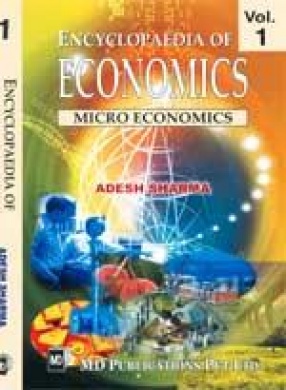

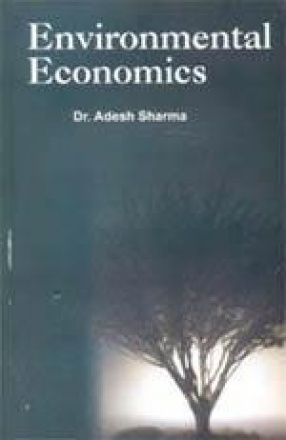
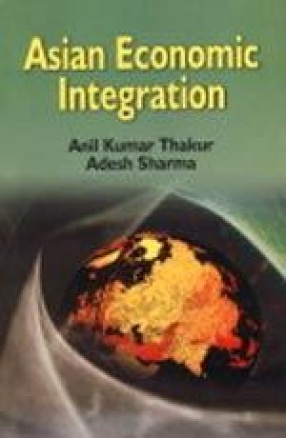
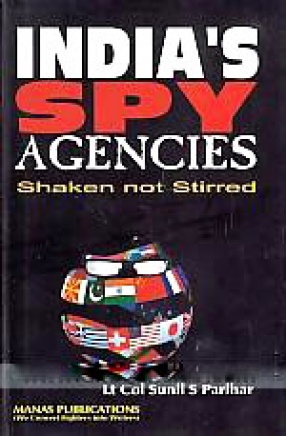
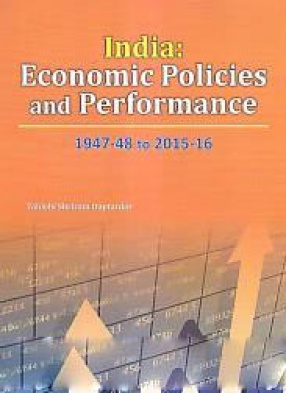
There are no reviews yet.